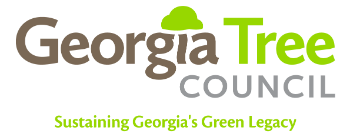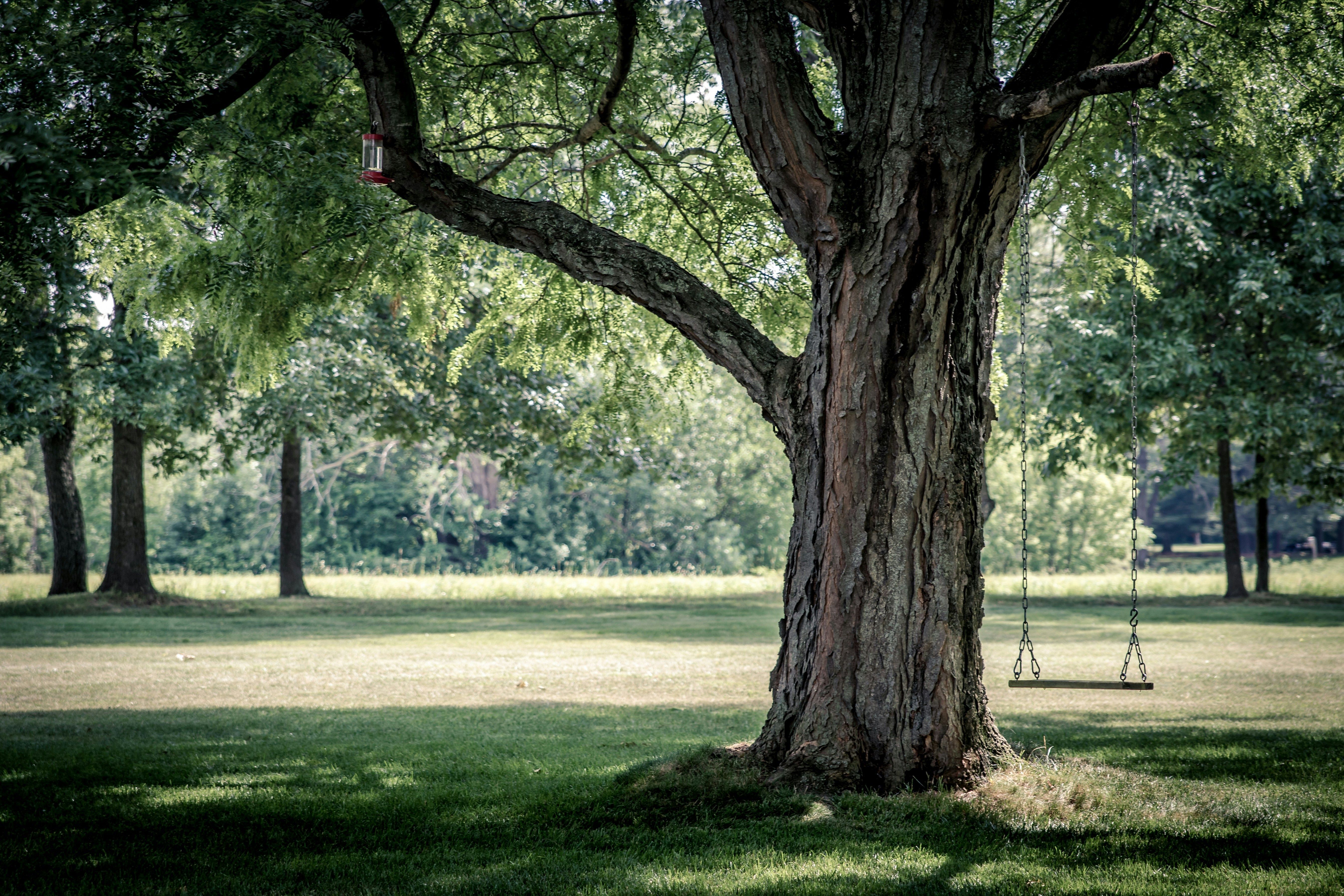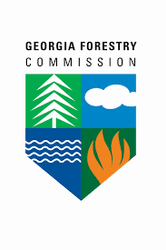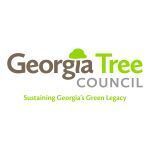Improving Georgia communities by increasing tree canopy
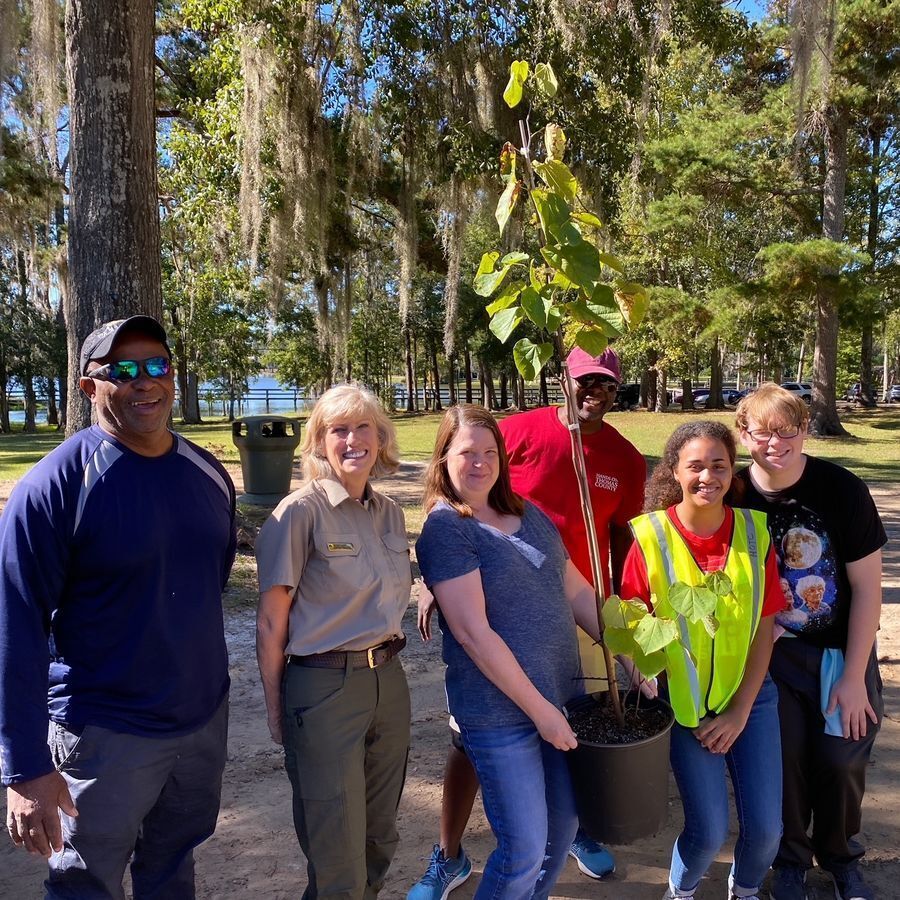
The Georgia ReLeaf program provides funds for tree planting projects and/or tree giveaway events in Georgia communities.
The Georgia Tree Council (GTC) and the Georgia Forestry Commission (GFC), in cooperation with the USDA Forest Service, partner in administering the Georgia ReLeaf program. This program makes funding available to municipalities, government agencies, non-profits, and educational institutions in Georgia for tree planting and tree-giveaways.
Funding is for the purchase of trees, staking, mulching, and watering materials (if needed); and tree installation costs (if needed) only.
Maximum grant award: $15,000.
Match Requirements: If 100% of the project is serving a community qualifying for a match waiver per the map linked below, your project is eligible for grant funding with no matching requirements. To justify the match waiver, verification of the project’s location must be provided along with a written explanation of how the project will benefit their community. To determine if your community or planting location would qualify for a match waiver, please check here. Select the drop down arrow in the upper right corner to access the search tool.
A dollar-for-dollar match is required for projects not meeting the match waiver criteria. Your match may include in-kind contributions, staff time, volunteer assistance, and private and public (non-Federal) monetary contributions. More details on match requirements can be found below.
Deadline for submissions: The 2025 Application period is open May 16th, 2025 through July 31st, 2025.
Click here to access the application. A Submittable account is required. You can set up a free account here.
Helpful Georgia ReLeaf Project Planning and Implementation Resources can be found here!
GRANT GUIDELINES
The USDA Forest Service, authorized by the Community Forestry Assistance Act of the 1990 Farm Bill, has allocated funding to the Georgia Forestry Commission for statewide distribution, in partnership with the Georgia Tree Council. $175,000 is available for the 2025 funding cycle.
Program Objectives
The objectives of the Georgia ReLeaf Program are to:
1) Improve the urban tree canopies of Georgia communities.
2) Help sustain the health of Georgia’s community forests.
3) Incorporate tree planting into planning efforts of city administrators, municipal tree departments and tree boards.
4) Increase access to the health benefits provided by community forests for Georgia residents.
Program Overview
Projects submitted must be for 1) Tree Planting projects and/or 2) Tree Giveaway events which meet at least one of the program objectives. Applicants can apply for a project with both tree planting and tree giveaway components.
Reference the Georgia ReLeaf Resources page for the recommended species list.
Tree Planting Projects* must meet the following criteria:
1) Take place within city/county limits or boundaries (parks, schools, playgrounds, greenspaces, rights-of-way, business districts, parking lots, downtown areas) or on city/county property. Private property may qualify with documentation of unrestricted public access, but prior approval should be obtained from GTC before beginning the application.
2) Include a tree planting site plan and map using aerial photography or GIS. Locations (addresses, zip codes or GPS coordinates) of all trees must be provided by the end of the project.
3) Include a 3-year maintenance plan. A form provided in the application should be filled out and uploaded. Basic tree maintenance can be found in the Community Tree Planting Guidelines starting on page 19.
4) Be endorsed by the local government or by the Department of Transportation if planting in state right-of-ways. Letters of endorsement should be provided in the application, if applicable.
Any deviations from your original application must be cleared by Georgia Tree Council.
*If your Georgia ReLeaf application is approved, your project will be assigned to a GFC Community Forestry Specialist to review and sign off on your planting and maintenance plans.
Tree Giveaway Projects** must:
1) Distribute containerized (1 gallon to 15 gallon) trees to homeowners and residents. Mulch and watering materials (i.e. watering bags or rings) may also be purchased with grant funds and distributed with trees.
2) Collect zip codes, addresses or census tracts from recipients indicating locations where trees will be planted.
3) Distribute educational materials, which will be provided by GFC, such as the Tree Owner’s Manual, links to instructional planting videos on Planting Containerized Trees, species fact sheets and other tree care information for homeowners and residents. This information can be found on the Georgia ReLeaf Resources page.
4) Develop a plan for the distribution of any trees left over after the initial event.
Any deviations from your original application must be cleared by Georgia Tree Council.
**If your Georgia ReLeaf project is funded, a GFC Community Forestry Specialist will be available to assist with the project.
Ineligible Projects
The Georgia ReLeaf Program is not intended for the purpose of beautification tree plantings (i.e. planting or giving away flowering trees only), community orchards/food forests, landscaping for new/recent construction projects.
Eligibility
Municipalities, government agencies, 501(c)3 non-profits, and educational institutions may apply.
Other organizations, such as community tree volunteer groups, neighborhood associations or civic groups which do not hold 501(c)3 status are eligible, but must apply in partnership with a non-profit organization or with their local government.
All applicants must have both a Federal Employer Identification Number (FEIN) and a Unique Entity Identifier (UEI). Information on obtaining a FEIN can be found here. Full SAM.gov registration is not required to obtain a UEI. Information on obtaining a UEI can be found here. Contact us if you need assistance.
Available Funds
Funding
Georgia ReLeaf funding is available only for the purchase of trees, staking, mulching, and watering materials (if needed); and tree installation costs (for tree plantings only, if needed). Installation costs such as equipment rental, staff time for planting (including fringe benefits) or contracted planting services may be paid out of grant funds if required for project completion. Mulch should be organic, non-dyed material. Permanent, underground watering installations are not covered by Georgia ReLeaf funding. The Georgia Tree Council and Georgia Forestry Commission reserve the right to reject any and all proposals or to approve partial funding for any and all proposals.
Maximum grant award is $15,000.
Match Requirements
- If 100% of the project is serving a community qualifying for a match waiver per the map linked below, your project is eligible for grant funding with no matching requirements. To justify the match waiver, verification of the project’s location must be provided along with a written explanation of how the project will benefit the community. To determine if your community or planting location would qualify for a match waiver, please check here. Select the drop down arrow in the upper right corner to access the search tool.
- Projects that require a funding match may use cash matches and/or in-kind contributions.
- Cash match includes direct, out-of-pocket expenditures for eligible project activities. Food and beverage items are not allowable match expenses.
- In-kind contributions include donated supplies or equipment usage, the value of employee/staff time (including fringe benefits) for project execution, donated professional services at the professional rate, or time spent by volunteers on eligible project activities. The 2025 dollar value of adult volunteer labor is $34.00. For children, use the Federal minimum wage as a standard.
- If part of your match is being provided by another organization, you must provide a letter of support from that organization.
- Assistance provided by Federal employees or Georgia Forestry Commission staff may not be claimed as part of the match.
- All matching funds must be specifically related to the proposed project and cannot be used as match on any other Federal cost-share project. The source of the match, cash and in-kind, must be identified and quantified in the application by uploading letters of intended support. Funds expended prior to the date of the grant agreement cannot be used as match.
Grant Timeframe
The 2025 grant application submission period is May 16, 2025 to July 31, 2025. Recipients will be notified in August 2025.
Approved projects can begin only after a grant agreement is signed by the recipient and received by the Georgia Tree Council. Georgia ReLeaf funded projects must be completed before March 31, 2026, with a final report submitted by April 15, 2026.
In Georgia, the best time to plant trees is November to March, as the cooler temperatures give the tree roots time to get established before the warmer temperatures set in.
Reporting Requirements
The application form and final report form will be completed through Submittable.com.
Grantees will be sent a required final report form through their Submittable account to include:
- Summary of completed project
- List of project expenses and supporting documentation of paid invoices/receipts for the approved Georgia ReLeaf expenses
- Before and after photos of tree plantings and/or photos of giveaway events
- Documented match by providing copies of volunteer sign-in sheets, staff time records, invoices, receipts, letters of donation, etc.(if applicable)
- Zip codes, addresses, or census tracts for tree giveaway recipients (if applicable)
- Tree planting locations (if applicable)
Project Evaluation
Project proposals will be evaluated on whether or not the information provided about the project indicates:
- Meets a demonstrated urban forestry need for communities
- Meets Georgia ReLeaf Program Objectives
- Has a realistic time frame for completion
- Is cost effective
- Has documented cash and in-kind matching commitment if applicable
- Has a planting plan with appropriate tree species for plantings
- Has a 3- year maintenance plan for plantings
- Enhances volunteer involvement
- Involves various partnerships, as indicated with Letters of Support, if applicable
- Utilizes personnel that have qualifications to complete activities
- Generates local visibility, incorporates public relations and awareness
- Enhances environmental, social, cultural, historical, psychological and economical values
- Shows demonstrated ability of the applicant to follow through on project completion
- Current certified Tree City USA cities will receive additional consideration on their application score
Additional Resources
Potential applicants can contact the Georgia Forestry Commission or the Georgia Tree Council as appropriate to obtain assistance or information from local and state resources.
Georgia Tree Council: www.gatreecouncil.org
Georgia Forestry Commission: www.gatrees.org
Find your local GFC Community Forestry Specialist here
International Society of Arboriculture: www.isa-arbor.com
Arbor Day Foundation Tree City USA Program: www.ArborDay.org
Download the TREE OWNER'S MANUAL here
Read Community Tree Planting and Establishment Guidelines from the Georgia Forestry Commission here
You may also want to read Tree Planning and Planting Campaigns: A Guide for Reforesting Cities and Towns - A Community Tree Planning and Planting Guide from the Green Infrastructure Center here
Watch the Planting Containerized Trees Video here
Questions?
Contact Alicia Holloway, GTC Outreach Coordinator: email alicia@gatreecouncil.org or call 470-905-8541
2024-2025 Georgia ReLeaf projects
- Atlanta
- Avondale Estates
- Blakely
- Brunswick
- Dublin
- Duluth
- Metter
- Newborn
- Oxford
- Plainville
- Saint Marys
- Savannah
- Thomasville
- Valdosta
- Warner Robins
- Winterville
_________________________________________________________________________________________________________________________________________
2023-2024 Georgia ReLeaf Projects
